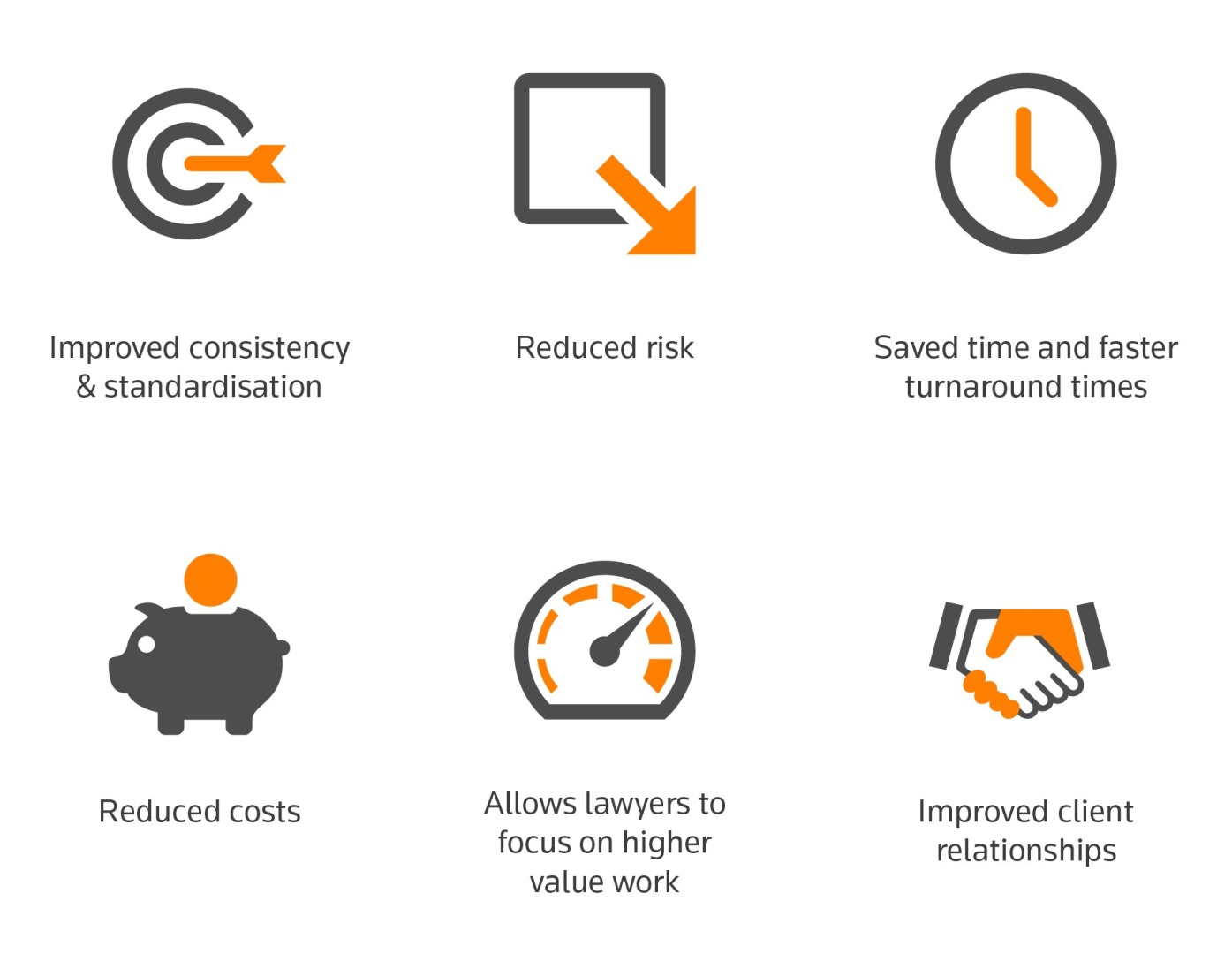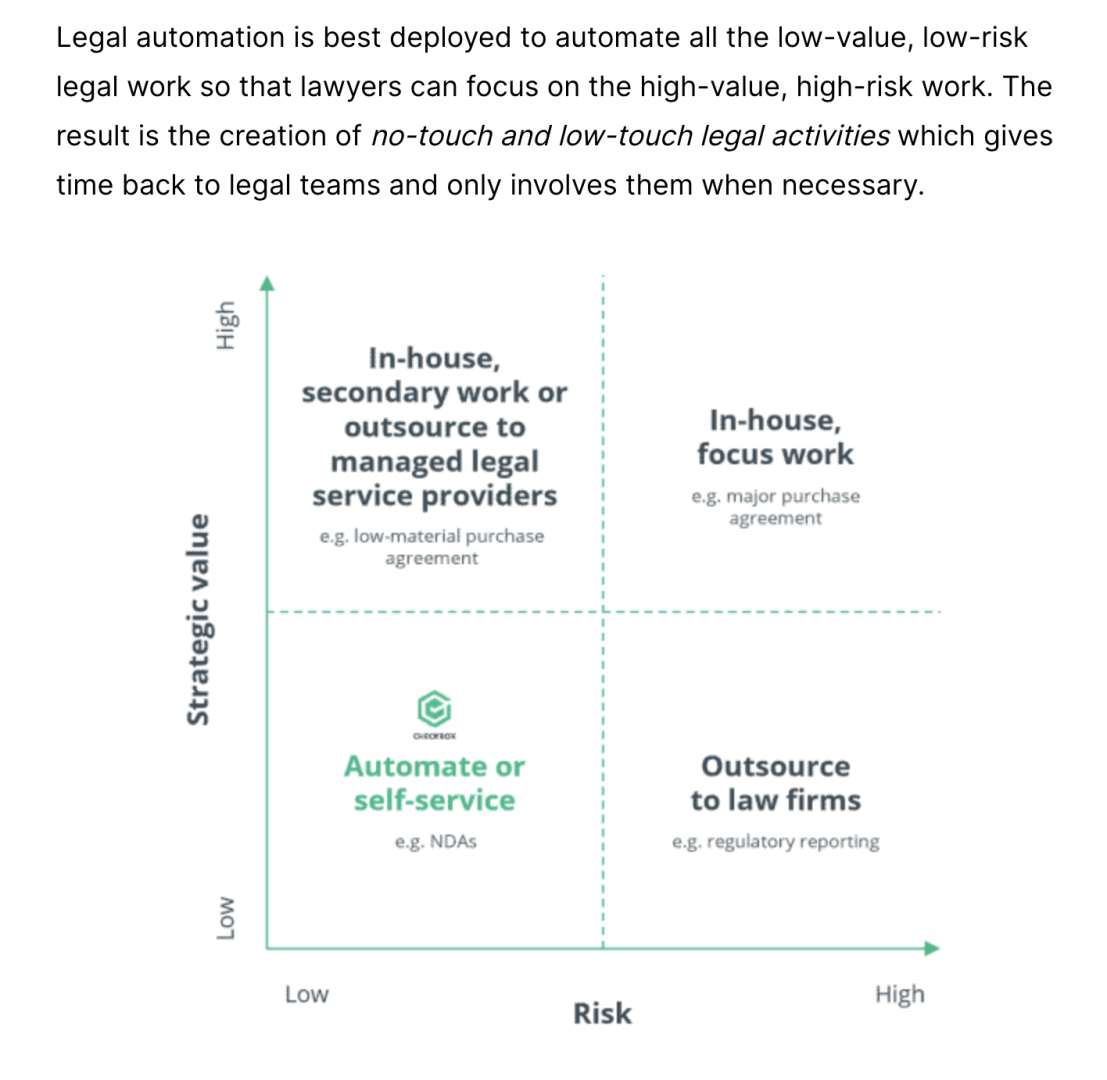Comments
- No comments found

The legal industry has traditionally been slow to adopt technological advancements.
In recent years, there has been a significant shift towards embracing automation and cutting-edge technologies. This article explores the evolution of legal technology and its transformative impact on the legal profession.

With the advent of legal technology, repetitive and time-consuming tasks can now be automated, allowing legal professionals to focus on more complex and strategic aspects of their work. Legal research, document review, and contract analysis are some areas benefitting from automation, resulting in improved efficiency and reduced costs.
Artificial Intelligence (AI) has revolutionized the legal industry by providing powerful tools for analyzing vast amounts of data. AI algorithms can identify patterns, extract relevant information, and provide insights to support legal decision-making. This technology not only saves time but also enhances accuracy and mitigates human error.
Legal technology has the potential to increase access to justice by breaking down barriers such as cost and geography. Online platforms and virtual law firms have emerged, enabling individuals and businesses to access legal services remotely. This trend promotes inclusivity and expands the reach of legal expertise to underserved populations.
The integration of technology in the legal sector raises concerns regarding data security and privacy. Safeguarding sensitive client information and protecting against cyber threats becomes paramount. Legal professionals must adopt robust cybersecurity measures and stay informed about evolving data protection regulations to maintain trust and confidentiality.
The future of legal technology holds immense potential, particularly in the realm of predictive analytics and machine learning. By analyzing historical legal data, these technologies can predict case outcomes, anticipate legal issues, and provide valuable insights for strategy development. Embracing these advancements can give legal professionals a competitive edge.
Despite the numerous benefits of legal technology, resistance to change persists within the legal industry. Cultural and organizational barriers often hinder the adoption of new technologies. By fostering a culture of innovation, providing training, and showcasing success stories, law firms and professionals can overcome resistance and embrace the transformative power of legal technology.
As technology continues to advance, the legal industry has recognized the need to adapt and embrace automation.

From streamlining legal processes to improving efficiency, accessibility, and data security, legal technology has transformed the way legal professionals work. As the future unfolds, embracing change and staying abreast of technological advancements will be crucial for law firms and practitioners to remain competitive and deliver quality legal services in an evolving landscape.
Bhumesh is the Managing Partner of Corp Comm Legal, an Indian law firm. He is ranked among the Top 100 Indian corporate lawyers. He is advising domestic and foreign companies on M&A, joint ventures, corporate - commercial issues. Besides, he has written a book on Drafting of Commercial Agreements, has a couple of books in pipeline and trains students and professionals on Drafting Skills and corporate laws. He writes regularly on legal, business & other issues and is a guest faculty lecturer with educational institutes. Bhumesh holds a Bachelor of Laws (LLB) from the University of Delhi and a further qualification in International Law and Legal Studies from College of Law, York.
Leave your comments
Post comment as a guest